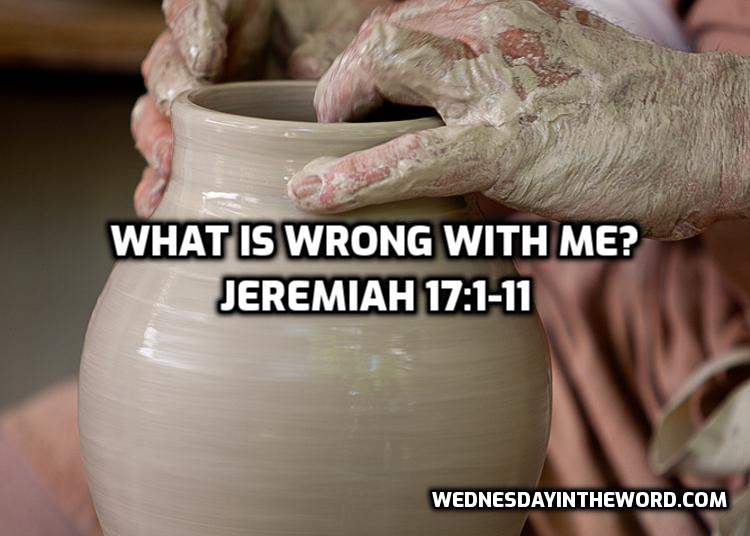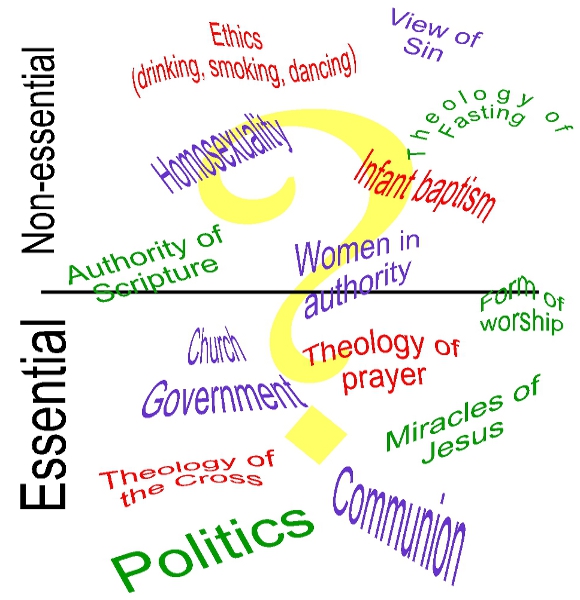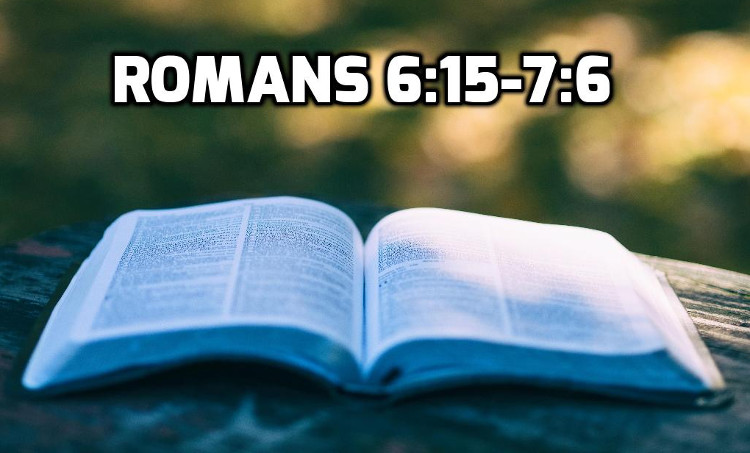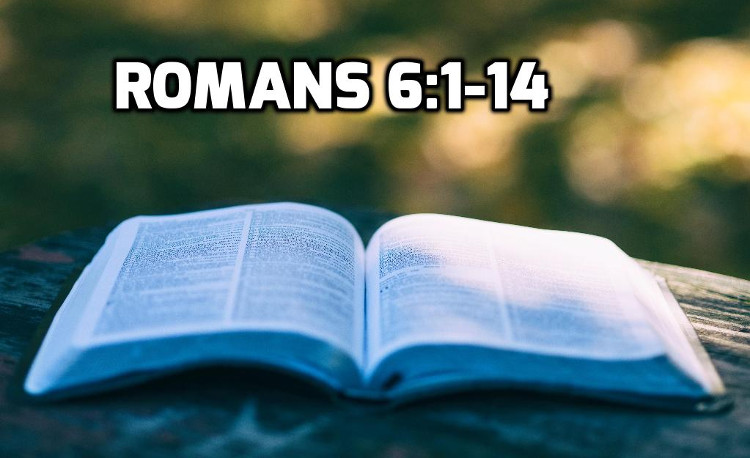
sin, hamartia, G266
ools and resources you need to do a word study on the Greek word for sin, hamartia.

ools and resources you need to do a word study on the Greek word for sin, hamartia.

What do you do when you sin repeatedly? What do you do when you see something about yourself that you decide to change, you give it your best effort, and you don’t change? What’s wrong with us? Jeremiah gives 3 metaphors to explain the problem of our hearts.

How could a 12-year old astonish the best theologians of his day? Why was the knowledge of Jesus radically different than everyone else?

All through my academic career I rubbed shoulders with people smarter than I. The standard was always higher than I could reach, no matter how I hard I tried. Holiness is like that.

Which of our many doctrinal differences should Christians worry about? After all, one person’s heresy is another person’s minor difference of opinion.

When I was a new Christian, I told another believer that I was struggling with controlling my temper. She told me that I was not a genuine Christian because if I was, I wouldn’t sin. If she is right, not only was I not a Christian then — I still am not a Christian now. When you discover two very different interpretations of the Bible, how do you decide who’s right?

In 1 John, the Apostle John is writing to clarify the true gospel from the false gospels spreading through the early church. His first point is God is holy and you are not.

If I am no longer under the threat of the Law, then I have no incentive not to sin? So if I have no threat of punishment, why can’t I “eat dessert first?”

The promise of the gospel is not that we will have victory over every daily battle of sin in our lives right now. The promise is that ultimately, one day, we will win the war.